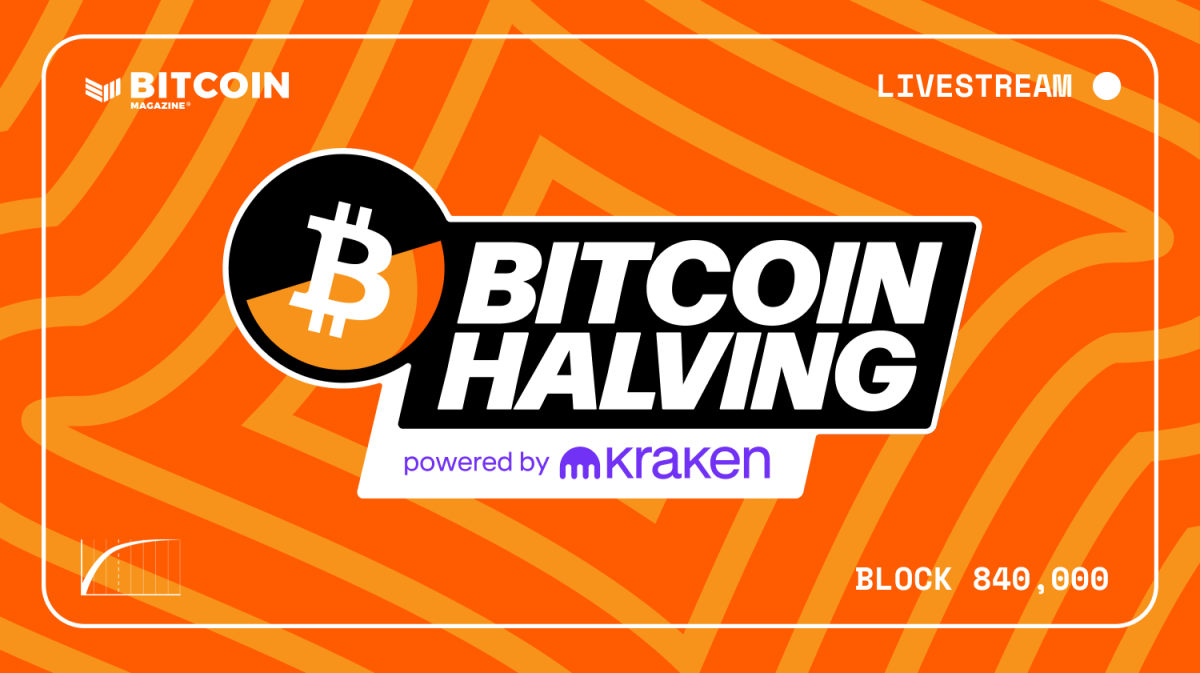Bitcoin and Taxation: Government Based on Bitcoin Standards

How will governments function in a world that has transitioned from fiat to hyperbitcoinization? This is a question I’ve been thinking about recently, and I wanted to think about what happens to governments on a Bitcoin basis. The questions I have are: How will the government raise funds? How do taxes work in a digital environment, and how will governments respond to this dilemma?
How will the government raise funds?

Most hardcore Bitcoin users probably don’t really care what happens to the government under Bitcoin standards. I would venture to say that they want all governments to crash and burn. I sympathize with that view, but I am also a realist. Ordinary people want government because they have been conditioned to believe that government brings order and protects citizens. I think the opposite is true, but this is not the majority view.
Governments of various sizes and compositions have existed for thousands of years and will likely still exist when HyperBitcoinization becomes a reality. So how will the government raise money when its power to create money at will is completely taken away?
In the West, income is taxed as the primary source of income because the government can monitor most transactions, often through the Federal Reserve, bank-controlled payment methods, and threats of force and imprisonment. This has worked for a long time, but is no longer possible by Bitcoin standards.
The nature of Bitcoin makes it virtually impossible and time-intensive to track the income of every economic participant. This is especially true if you have privacy tools like CoinJoin and Lightning in the mix. You can begin to understand why governments don’t like Bitcoin. Bitcoin takes away their power.
Without the power to indiscriminately tax individuals, governments will have to develop ways to generate revenue to support themselves. More on this later.
Bitcoin Economy of the Future

Imagine a future where everyone uses Bitcoin to buy and sell goods peer-to-peer. This essentially becomes a tax-free economy. Currently, there is no line of code in the Bitcoin protocol that can calculate sales tax when purchasing goods, and none of the Bitcoin users would consider creating such a thing unless they simply wanted to tar and feather the government. It will.
To be honest, I don’t even know if it’s technically possible. No one likes paying taxes, and no one would cry over not having to pay taxes anymore. This presents another dilemma for governments around the world. If they cannot tax income and effectively tax consumption, what alternative do they have to sustain themselves?
There is no simple answer to this. I believe that the whole concept of what government is and how it relates to its people needs to fundamentally shift from a top-down concept to a more decentralized customer service model. This is more consistent with a libertarian worldview of what a country should look like, funded voluntarily by its citizens, rather than the government being forced to do so through the barrel of a gun.
In this model, the government, like any other business, would have to be much smaller than it is today because it would have to keep in mind its spending relative to its revenue. If the government is a good fiscal steward of Bitcoin assets, citizens will be much more likely to repay the government with continued support. These types of supportive signals are more influential than voting. The ability to withhold funds would make politicians more responsive to the people.
There is no need for this to change, so elections can still be held. Political parties will have to show that they are good stewards of capital. Otherwise, the government will become unfunded and will naturally fall from power at the next election. I think this is the world we should strive for because it will make the world a safer place for everyone.
How will the government respond to this new challenge?

This may sound like music to our ears, but politicians hate the idea of Bitcoin or the idea of having to respond to citizens. They are in pretty good shape as is. They tell people what to do, receive good benefits, and can be re-elected even if they break their promises, so it’s natural that they never want to leave their positions.
In the United States, more than 90% of incumbent members of Congress are re-elected. Did you know that the re-election rate of an incumbent member of the House of Representatives has never fallen below 85%? Therefore, in the next election, the vote share will be only 15%. Who doesn’t like the odds? This is why nothing changes. We have the same people in our office year after year because they know how to play the game and grease the right palms thanks to our fiat currency printers.
Check out the Citizens Against Government Waste website to see all the BS the federal government spends on depreciating fiat currency. This will give you a good idea of the crap that is being funded in your name.
So do you think they would be willing to give up all this power, fame and influence? I don’t think so. They will use various tricks to secure Bitcoin for their own benefit or to make it so cumbersome that people will not use it.
I am afraid that Bitcoin investors have already fallen into one of the pitfalls of Bitcoin ETFs. I truly believe this was the wrong move and could massively slow Bitcoin adoption in the United States. Unfortunately, most people want everything in life quickly and easily, even Bitcoin.
Please answer this question: Why would people with little knowledge of Bitcoin learn more about self-management, and why is it important to be able to “own” Bitcoin in their retirement accounts? 9 out of 10 people would choose this option. As long as retirement portfolios rise because of Bitcoin, they will be willing to mandate large custodians like Blackrock to hold their Bitcoin without understanding how risky third party custody actually is for Bitcoin.
At least we have a chance to improve the world through Bitcoin. I want people to have the opportunity to achieve true freedom.
This is a guest post by Robert Hall. The opinions expressed are solely personal and do not necessarily reflect the opinions of BTC Inc or Bitcoin Magazine.



